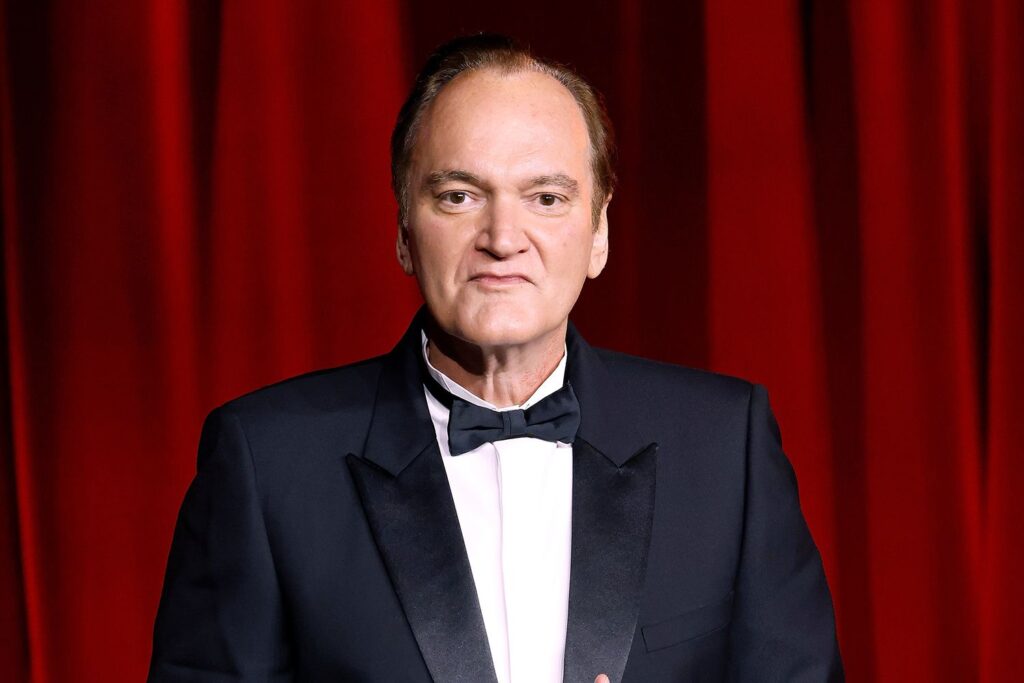NEED TO KNOW
Quentin Tarantino is looking back at his film career with some dedicated fans.
The filmmaker, 62, appeared on the Church of Tarantino podcast in an episode released on Friday, Aug. 15, where he had a wide-ranging, two-hour conversation with host Reverend Scott Kraushaar about the films that have made his career.
Tarantino faced some hard questions, such as which of his films he considered his favorite and which he considered the best. “Once Upon a Time in Hollywood is my favorite, Inglourious Basterds is my best,” he replied before suggesting an important third category pertaining to his top films.
Never miss a story — sign up for PEOPLE’s free daily newsletter to stay up-to-date on the best of what PEOPLE has to offer, from celebrity news to compelling human interest stories.
Massimo Insabato/Archivio Massimo Insabato/Mondadori Portfolio via Getty
“I think Kill Bill is the ultimate Quentin movie, like nobody else could’ve made it. Every aspect about it is so particularly ripped, like with tentacles and bloody tissue, from my imagination and my id and my loves and my passion and my obsession,” Tarantino shared.
“So I think Kill Bill is the movie I was born to make, I think Inglourious Basterds is my masterpiece, but Once Upon a Time in Hollywood is my favorite,” he continued.
Quentin also shared what he felt was his best work in the realm of screenwriting. “I think Inglourious Basterds is my best script, and I think Hateful Eight and Once Upon a Time in Hollywood are right behind,” Tarantino said.
As the director explained, “there’s an aspect of Hateful Eight that I actually think is probably my best directing of my material — the material is written and it’s solid. So it’s not like I have to create it, like Kill Bill, it’s solid, it’s right there and I actually think it’s my best servicing [of] my material as a director.”
Elsewhere in the podcast, Tarantino shared why The Movie Critic, his previously announced “final” film, did not come to fruition. “I wasn’t really excited about dramatizing what I wrote when I was in pre-production, partly because I’m using the skillset that I learned from Once Upon a Time in Hollywood [of] ‘How are we going to turn Los Angeles into the Hollywood of 1969 without using CGI?’ ” he said.
“It was something we had to pull off. We had to achieve it. It wasn’t for sure that we could do it,” he continued, noting that with “The Movie Critic, there was nothing to figure out. I already knew, more or less, how to turn L.A. into an older time. It was too much like the last one.”

